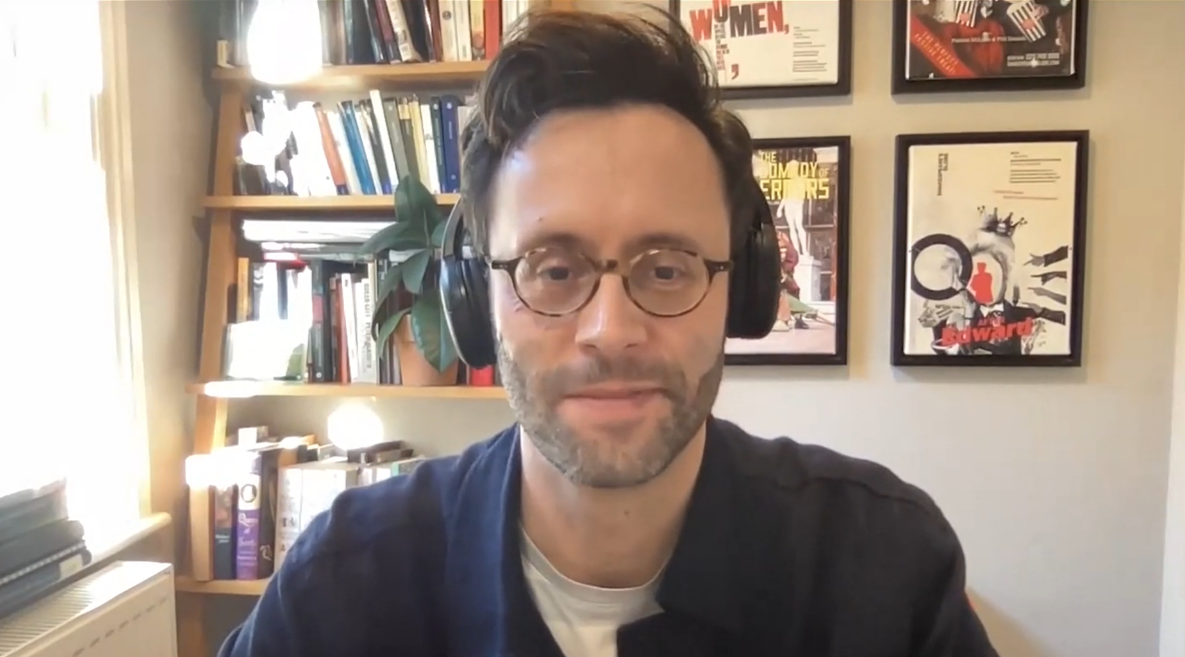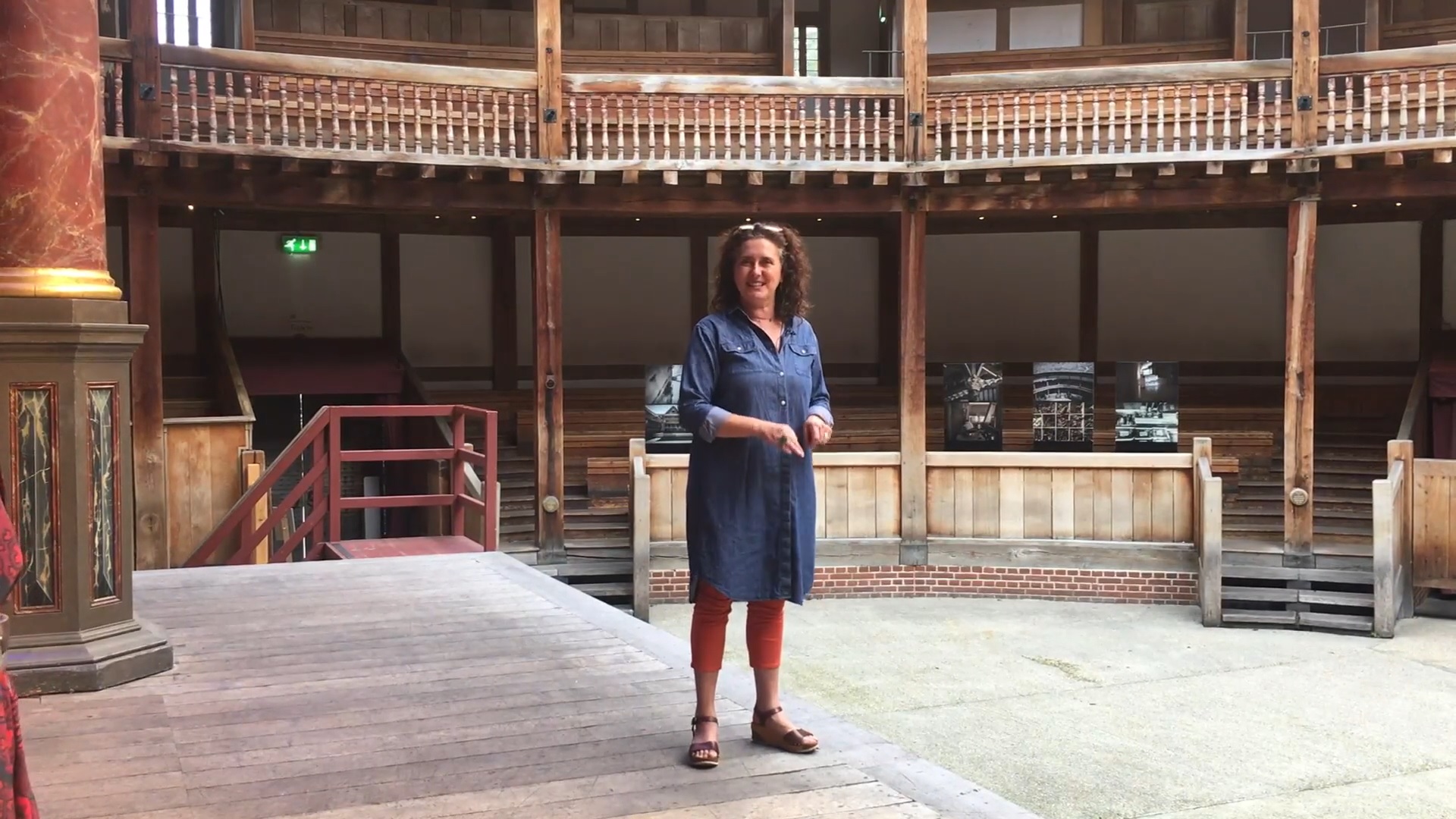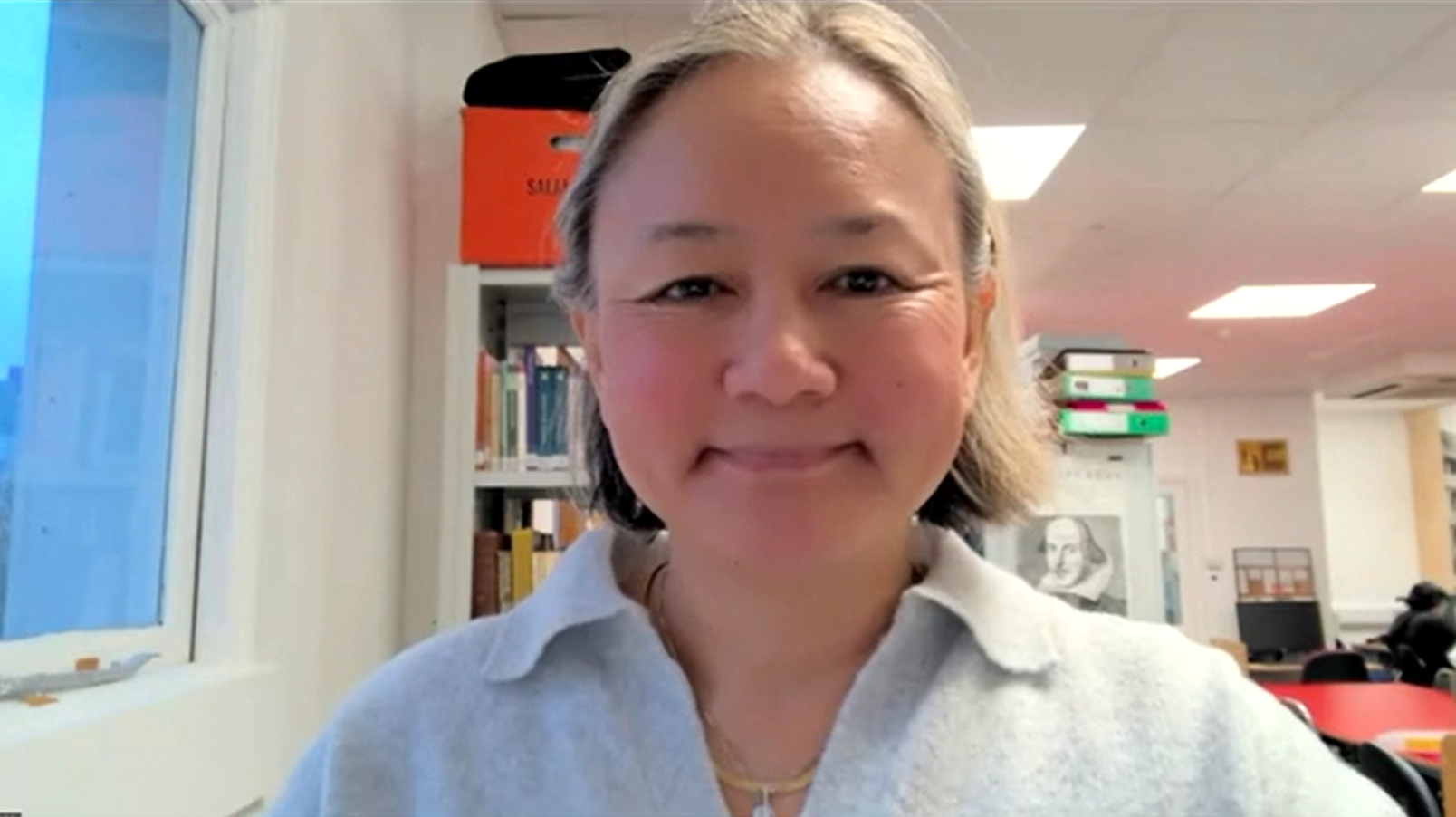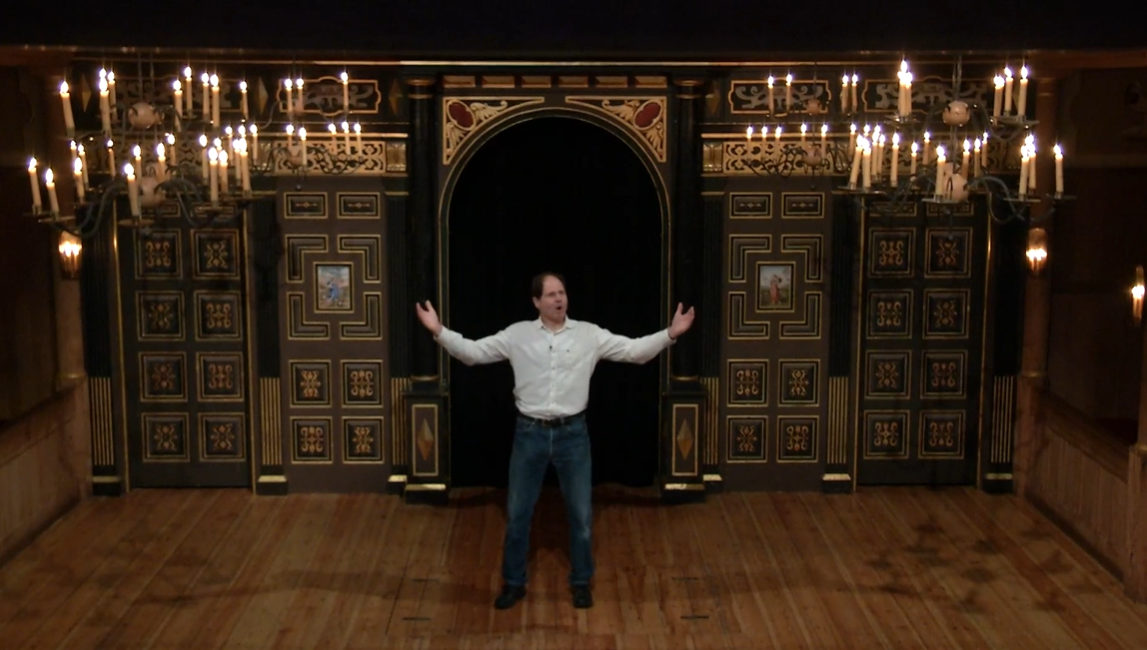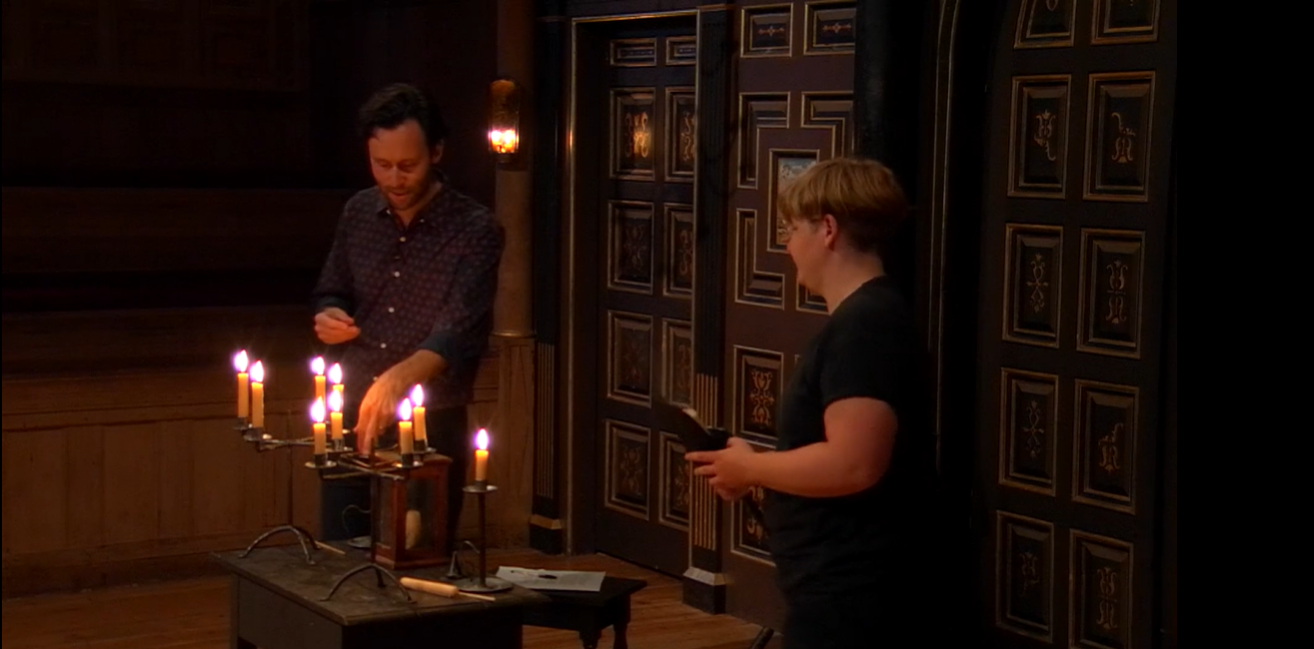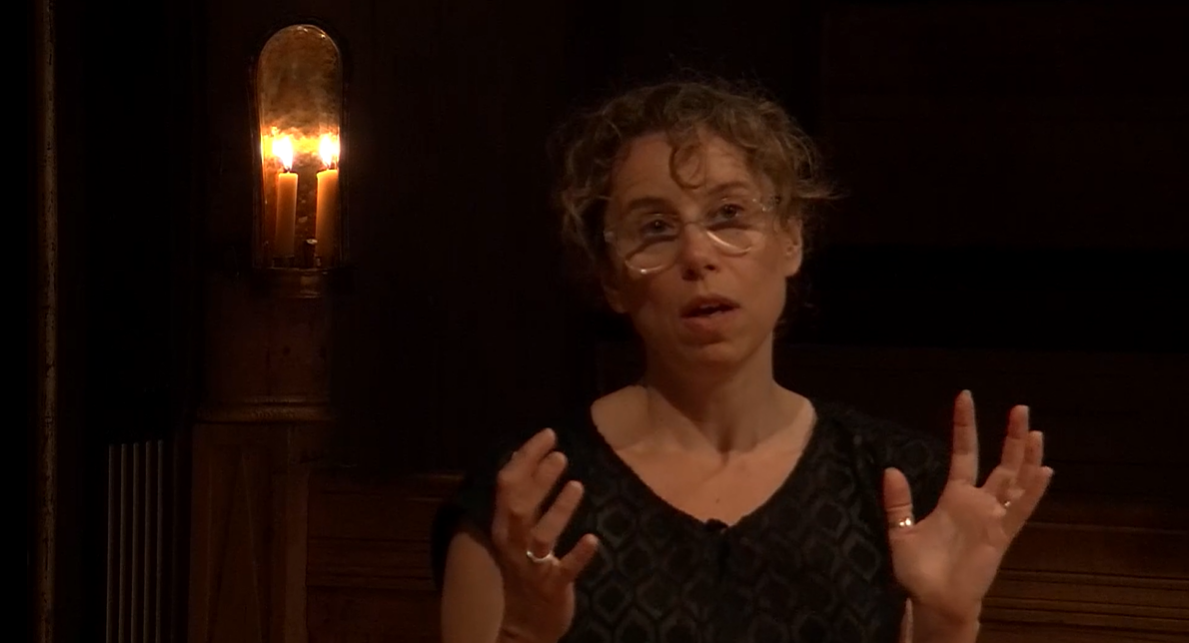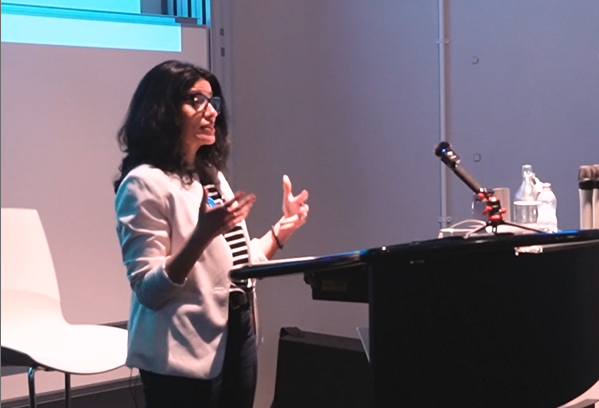
![[Image] A photo of Jimmy C's multi-coloured street mural of William Shakespeare on Clink Street. He is holding a quill and a skull.](https://media.wordfly.com/shakespearesglobe/pages/HE-Faculty-Hub-/scan-meghan-1575x-1.jpg)
Our cause is central to everything we do at Shakespeare's Globe.
We celebrate Shakespeare’s transformative impact on the world by conducting a radical theatrical experiment.
Inspired and informed by the unique historic playing conditions of two beautiful iconic theatres, our diverse programme of work harnesses the power of performance, cultivates intellectual curiosity and excites learning to make Shakespeare accessible for all.
‘And let us... on your imaginary forces work.’ Henry V, Prologue
General HE Inbox
higher.education@shakespearesglobe.com
General HE Phone Number
020 7902 1464
Stage Door Phone Number
020 7902 1400
Please make sure to check who your Company Manager / Main Point of Contact is when emailing staff about queries specific to a course.
If you are not getting in touch about a course, please use the Who's Who below as guide for who to contact. If you are unsure who speak to, please email our HE inbox. We will then direct your message to the appropriate team member.
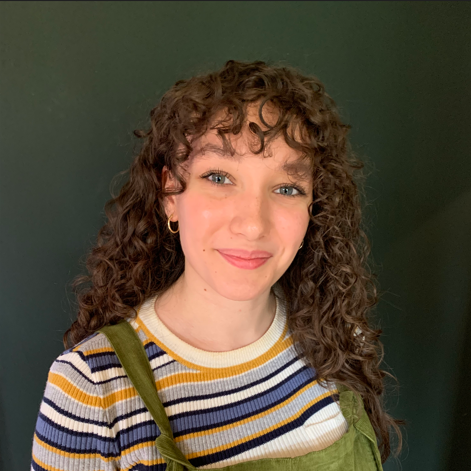
ESMÉ BILLINGS (SHE/HER)
Higher Education Coordinator
Contact Esmé if they are company managing your course, or if you have queries relating to The Studio at Shakespeare's Globe.
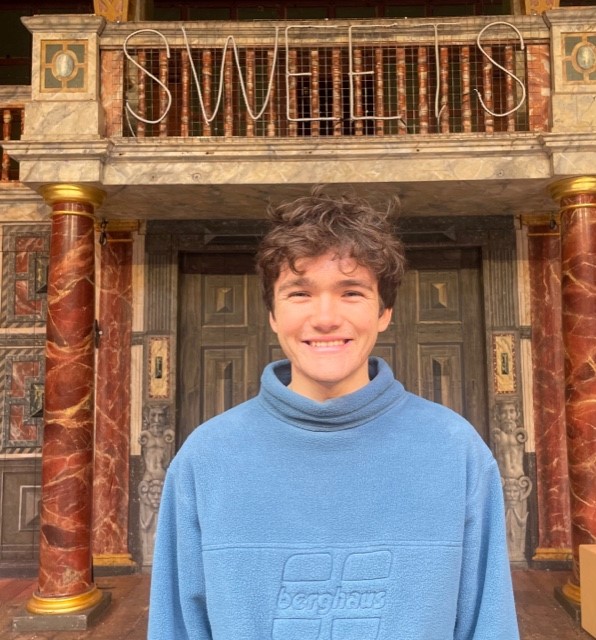
GEORGE DENNIS (HE/HIM)
Higher Education & Research Coordinator
Contact George if he is company managing your course, or if you have queries relating to a Research event.
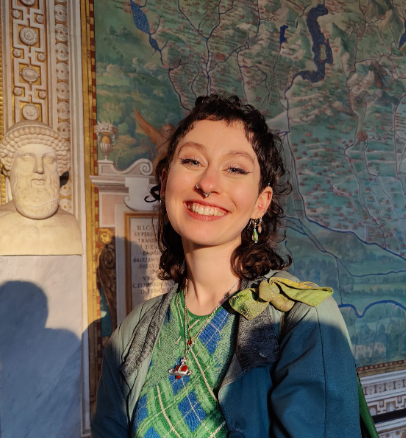
HANNAH LEIGH (SHE/HER)
Higher Education Administrator
Contact Hannah if you have any general enquiries and requests for the Higher Education Team.
![[Image] A photo of HE team member Josiah O'Brien. They are wearing a white t-shirt and smiling.](https://media.wordfly.com/shakespearesglobe/pages/HE-Faculty-Hub-/job1.jpg)
Josiah O'Brien (they/them)
Senior Higher Education Manager
Contact Josiah if you have concerns or feedback regarding a course, or wider working at Shakespeare's Globe.
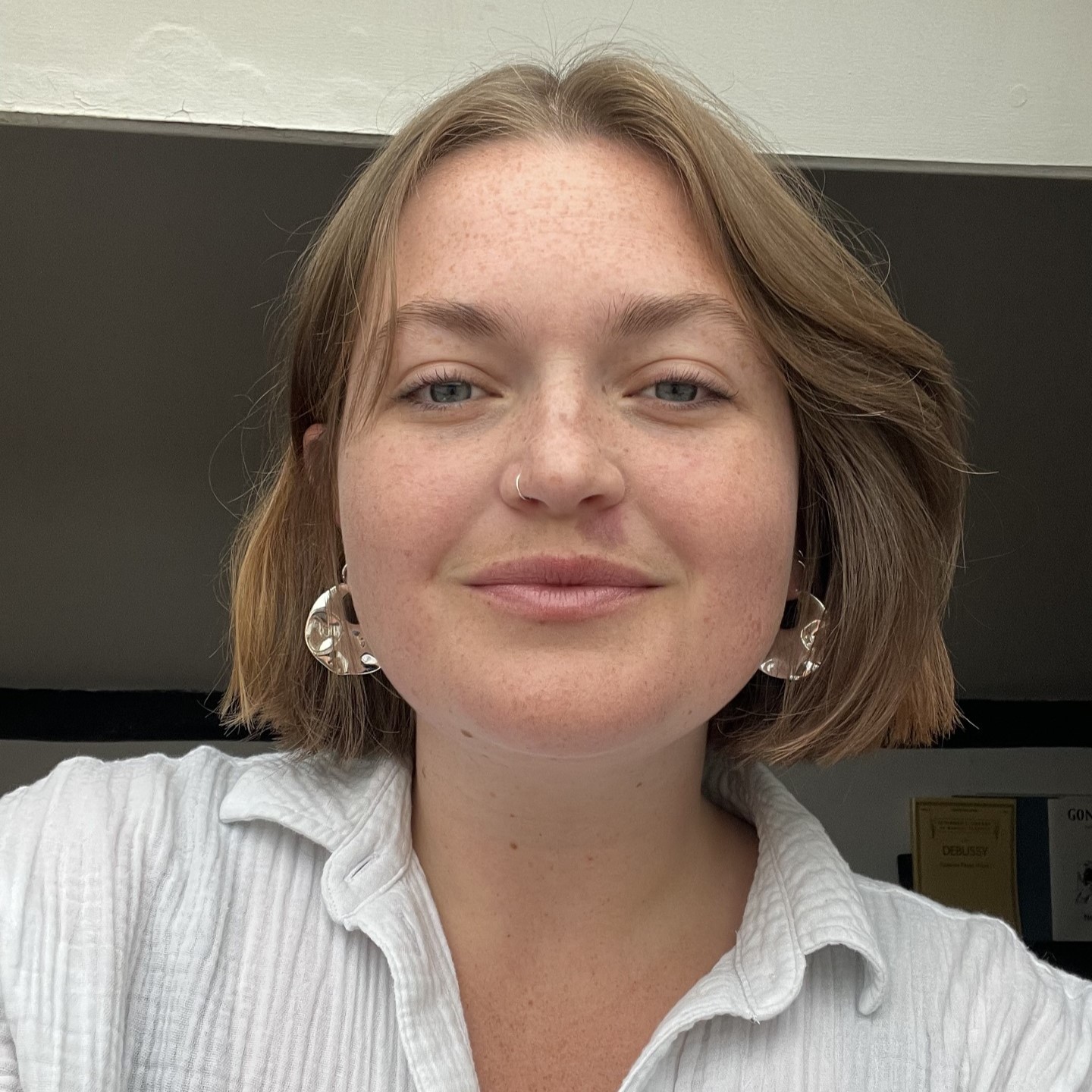
Georgie Couch (she/her)
Senior Higher Education Coordinator
Contact Georgie if she is company managing your course or you have any queries about Higher Ed operations.
![[Image] A black and white photo of HE team member Craig Ritchie in a park. He is wearing a black t-shirt and smiling.](https://media.wordfly.com/shakespearesglobe/pages/HE-Faculty-Hub-/cr1.jpg)
Craig Ritchie (he/him)
Higher Education Manager & Faculty in Residence
Contact Craig if you have any questions or concerns regarding your position as a Faculty Member.
![[Image] A photo of HE team member Rachel Little. They have a nose piercing, are wearing dungarees, and they are smiling lopsidedly.](https://media.wordfly.com/shakespearesglobe/pages/HE-Faculty-Hub-/willtosh.png)
DR WILL TOSH (HE/HIM)
Director of Education, Higher Education & Research
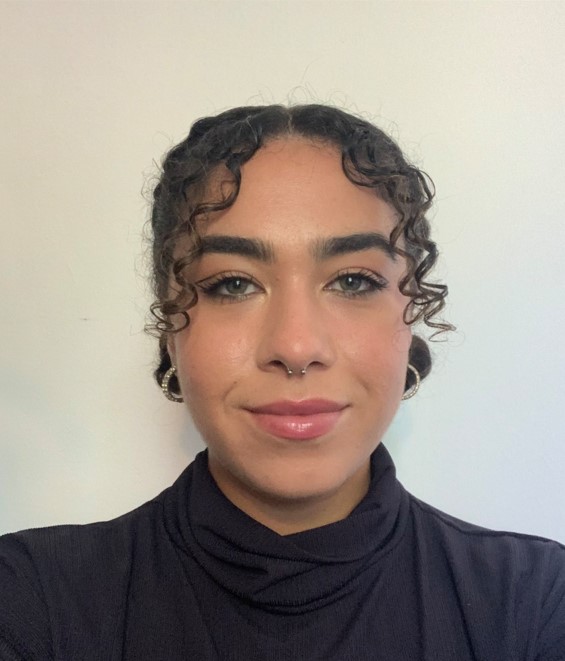
DR LYDIA VALENTINE (SHE/HER/HERS)
Research Fellow and Lecturer
![[Image] A photo of HE team member Zoe Morrall. She is wearing a pink jumper and glasses, and she is grinning.](https://media.wordfly.com/shakespearesglobe/pages/HE-Faculty-Hub-/hanhbui.png)
DR HANH BUI (SHE/HER)
Interim Head of Research
This section contains links to important resources which will help you to deliver your sessions to the highest standard.
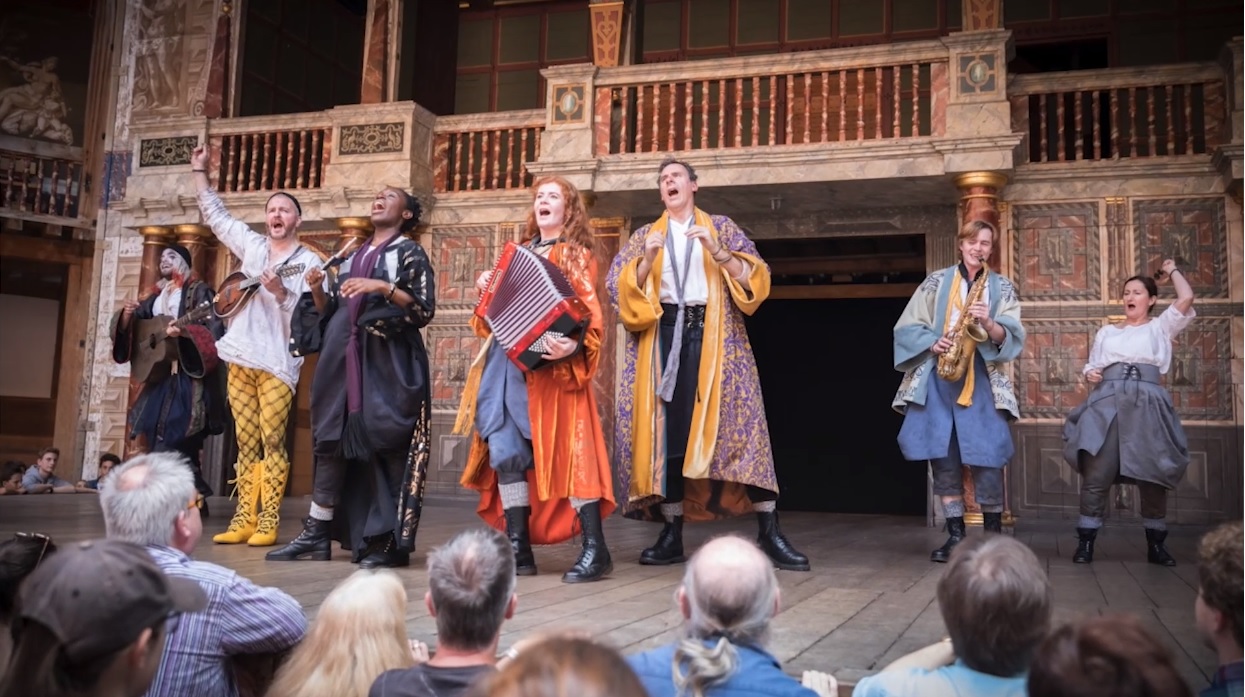
Globe Foundations
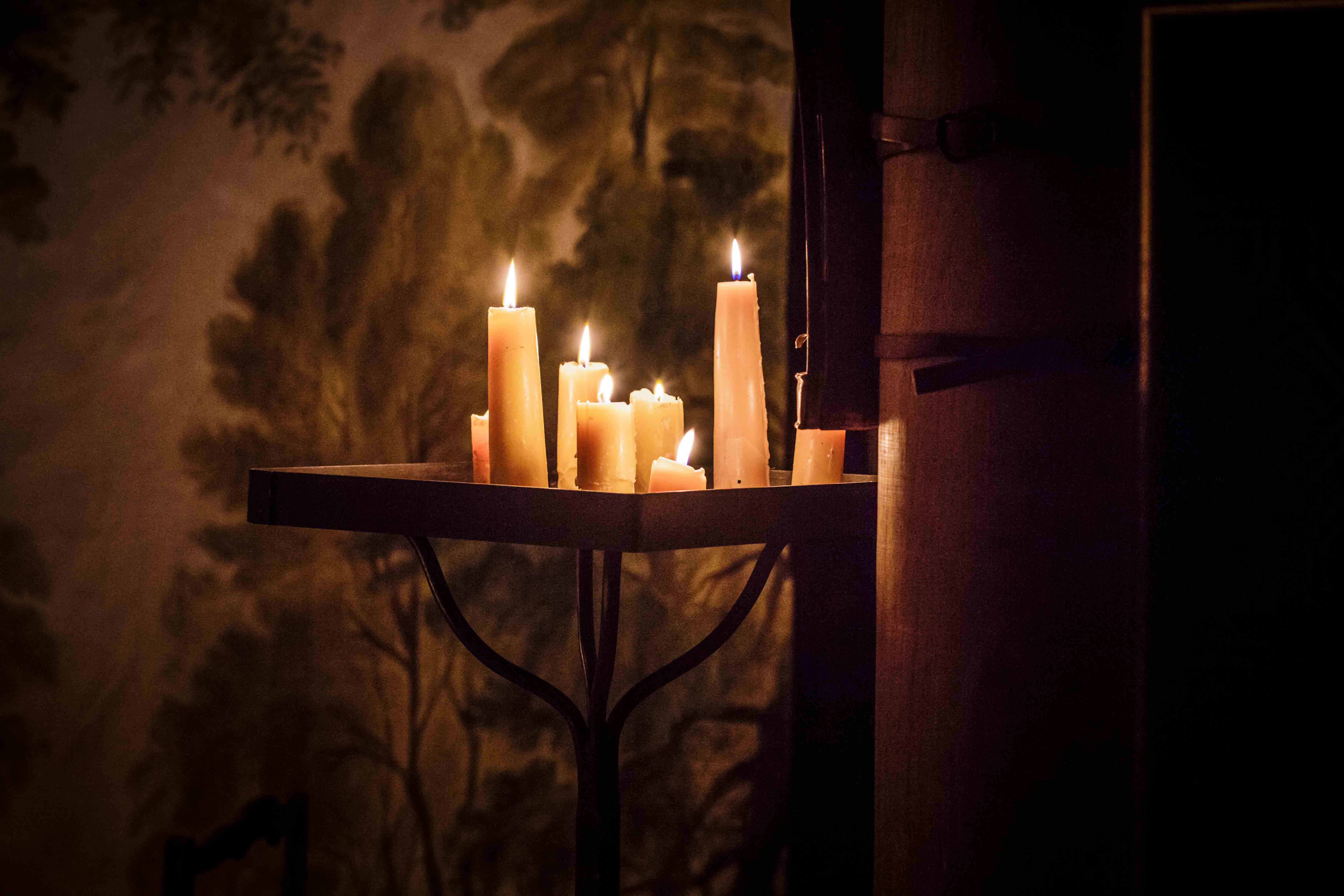
Resources for Individual Sessions
Please refer to the below documents when delivering sessions or courses with these text focuses. Our Research team have compiled notes for you to refer to on content to expect and approach sensitively in these play texts.
Faculty Observations
Faculty observations are designed to provide constructive feedback, promote professional development, and maintain the delivery of high-quality teaching at The Globe. Observations are a supportive process aimed at fostering reflective practice and continuous improvement for our freelance teaching faculty.
Please see the Globe Higher Education Observation Policy and Observation Feedback Form below for more information.
Faculty are encouraged to use the Library & Archive for research, teaching preparation, and for quiet study. Please note that you cannot take any books out, but you are welcome to make an appointment to come and read them in the Library. You can find a list of recommended texts here:
The Library & Archive is open from 10am-1pm and 2pm-5pm on Wednesdays and Thursdays.
Capacity numbers are limited so you will need to email library@shakespearesglobe.com to book in advance.
Higher Education Bookshelf
We have a bookshelf full of titles for you to borrow and read. These have been carefully selected to support and develop your practice as practitioners of Shakespeare.
You can find our full list of books below.
Please let us know if you have any suggestions of books to add to our bookshelf!
Click below to request a book loan & arrange a time to collect.
When requesting a loan, please include book title and author and the date and time you can come collect the book. Initial loan periods are two weeks from the date of collection; these may be extended on request depending on demand.
This lecture provides social and historical context for early modern theatres. It also discusses theatre architecture as a shaping influence in the creation of drama.
The Understanding the Theatre Spaces lecture is available to be booked by institutions as a standalone session or in combination with others. It also almost always features as the first session for bespoke courses.
Password: FacHub25
This workshop is a practical introduction to working on the Globe Stage. It is a useful set of accompanying videos for Faculty running Globe Performance Practice sessions with us. However, please always refer first and foremost to the Globe Performance Practice Guidelines when planning your session.
We highly recommend Faculty specialising in other core disciplines also watch the videos as it touches on the Three A’s (actor, audience, architecture relationship), which is the Globe’s unique selling point and a term which helps bind all of our work together.
Password: FacHub25
This lecture will discuss what 'decolonising Shakespeare' means at Shakespeare's Globe. It introduces some key facts and historical figures from the early years of England's imperial and slaving missions, as well as highlighting the diversity of early modern Londoners.
This Faculty version aims to introduce our Faculty to the Globe's ongoing efforts to make our spaces more accessible and welcoming for the people who work or visit here.
The Shakespeare Today lecture is only available to bespoke courses. However, it is a vital watch as Faculty should carry its antiracist principles into all Higher Education work at the Globe.
Password: FacHub25
Since the Sam Wanamaker Playhouse opened in 2014, Globe artists have developed specific skills for acting indoors and under candle light. Learn how an awareness of indoor theatricality can expand our understanding of works written for indoor performance, including Julius Caesar, The Tempest, The Winter’s Tale and The Duchess of Malfi.
Password: FacHub25
Candle light comes in many forms, and we look at effects created by torches, tapers, lanterns and candelabra. Discover how Shakespeare and his contemporaries changed the way they wrote for plays performed indoors, and learn how candles helped change theatre into the form we know today.
Password: SWP25
Shakespeare’s Globe artistic director Michelle Terry played Lady Macbeth in an acclaimed production directed by Rob Hastie in 2018. Here, she discusses this landmark production’s use of space, candle light, and darkness with Professor Farah Karim-Cooper.
Password: FacHub25
![[Image] A rainbow with the word "Inclusivity" across the top.](https://media.wordfly.com/shakespearesglobe/pages/HE-Faculty-Hub-/inclusivityrainbow.png)
A GUIDE TO INCLUSIVE LANGUAGE
![[Image] Two heads in profile. In the middle they crossover to reveal a lightbulb shape which has a section shaped like a brain.](https://media.wordfly.com/shakespearesglobe/pages/HE-Faculty-Hub-/neurodiversitybrain.png)
A GUIDE TO NEURODIVERSITY
Shakespeare's Globe's Policies

Prevent Awareness Training
As part of our accreditation by the British Accreditation Council, we are asking all Globe Faculty members to complete their Prevent Awareness training.
This is a free government training which can be completed on demand and takes approximately 30 minutes. Please note this is not a paid training opportunity.
Once completed, please download the certificate at the end of the course and send a copy to the Higher Education team.
Alternatively, if you feel you would like to revisit the key points, the website offers a refresher course (which takes approximately 20 minutes) to those already certified.
Anti-Racism Training
Thank you to all who attended our Anti-Racism Training sessions.
The recordings of both sessions are now available to watch, and we have included the resources shared for the session also.
Please be aware the deadline has now passed to be paid to watch these.
Password for Approaches to Anti-Racism: AntiRacismTraining1
Password for Shakespeare's Text: Race & Racism: AntiRacismTraining2
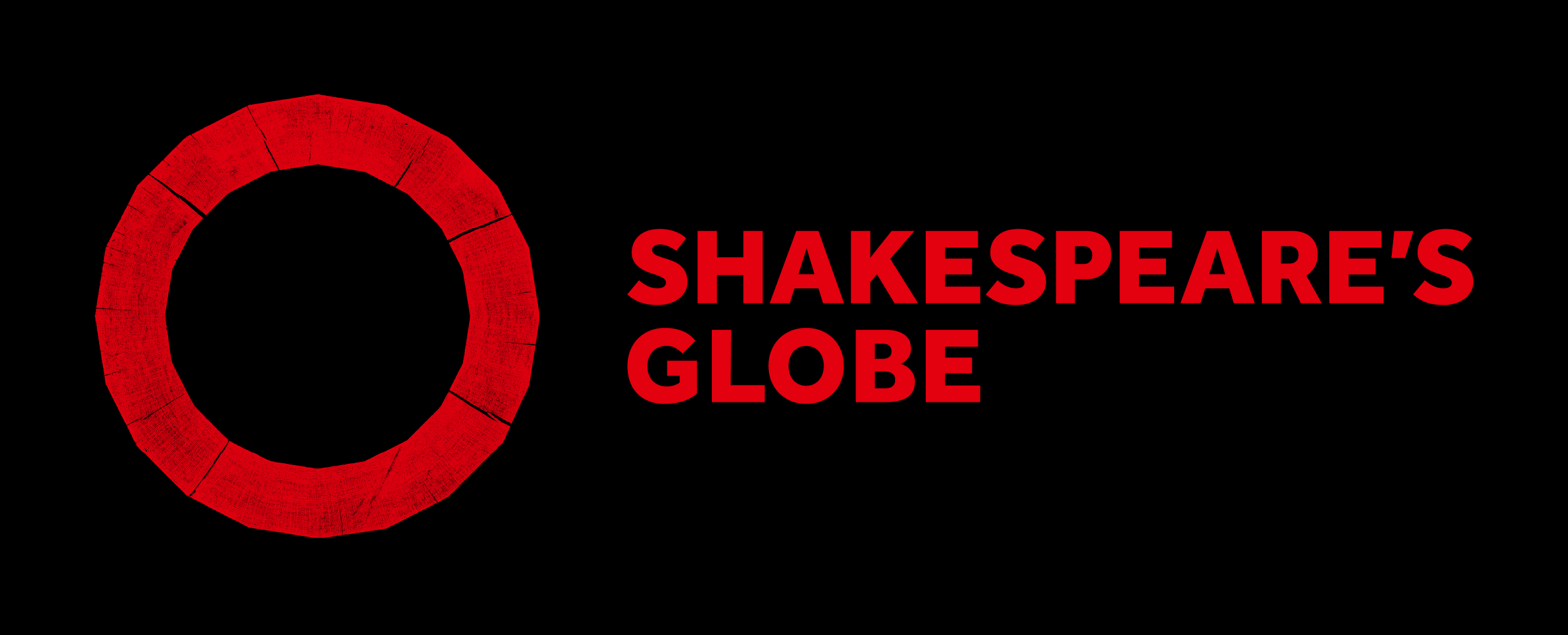
Inclusive Approaches to Teaching Shakespeare Training
Thank you to all who attended our Inclusive Approaches to Teaching Shakespeare training.
The recording is now available to watch, and we have included the scenarios discussed in the session below.
Please be aware there will be no fee to watch the recording, but we highly encourage faculty to watch it.
Password for Inclusive Approaches to Teaching Shakespeare:

Scenario 1: During a rehearsal of The Taming of the Shrew, a student expresses discomfort with Petruchio’s treatment of Katherina, saying, 'The whole idea of "taming" someone is abusive. How can we perform this play without making it feel like we’re just endorsing violence against women? I don't think we should do this play'. Several students nod their head in agreement.
Scenario 2: While discussing Othello, a white student remarks, 'It’s a powerful story because Othello’s Blackness is such a contrast to everyone else'. A student of colour responds, 'So is Othello only interesting because he’s Black?” The room falls silent.
Scenario 3: During a rehearsal of Romeo and Juliet, a male student playing Capulet spontaneously raises his hand to threaten or move to strike Juliet, who is played by a female student. The female student is triggered and quickly leaves the room.
Scenario 4: During a rehearsal of The Merchant of Venice, a non-Jewish student playing Shylock says their lines in a way that elicits laughter. Another student becomes visibly uncomfortable and says, 'This doesn’t feel like a neutral reading. Are you making Shylock a caricature?' The student playing Shylock is offended and goes on the offensive: 'So what are you saying?'
Podcast: Farah Karim-Cooper on The Great White Bard ~ Shakespeare Unlimited
Farah Karim-Cooper's new book, The Great White Bard, explores the language of race and difference in Shakespeare's plays. Karim-Cooper also looks at the ways Shakespeare’s work became integral to Britain’s imperial project, and its sense of cultural superiority
From the Folger’s Shakespeare Unlimited podcast. Published August 15, 2023. © Folger Shakespeare Library. All rights reserved.
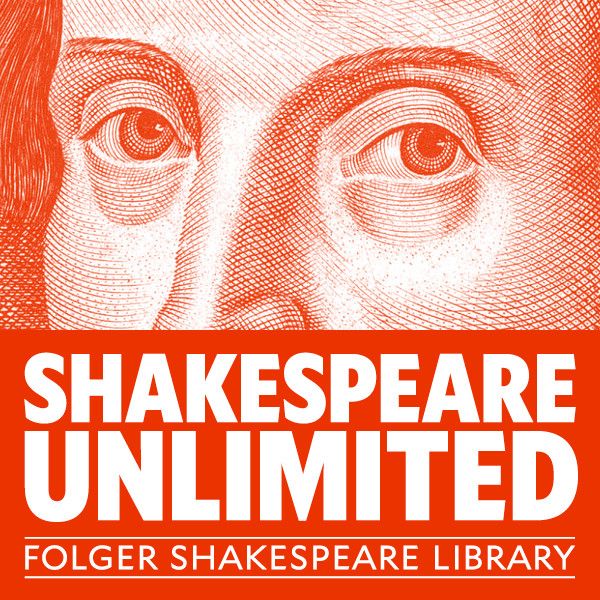

Access Training
Thank you to all who attended our first Access Training session.
The recordings of both sessions are now available to watch, and we have included the resources shared for the session also.
Please be aware the deadline has now passed to be paid to watch these.
Password for Disability Awareness: AccessTraining1
Password for Make It Accessible: AccessTraining2
This talk focuses on the ways in which the development of casting has pushed the contemporary performance of Shakespeare into a contested space. Drawing on Catherine Silverstone’s interest in the ‘ethics of representation and spectatorship’, I examine the debates surrounding the different current modes of casting and highlight the ways in which identity-anxiety can serve regressively to neutralize race and other characteristics, such as gender and disability. I draw from examples of contemporary productions of Shakespeare and early modern drama to argue for a multi-modal approach to casting, that considers the specificities of text, the trauma of differing communities and the position of Shakespeare in the UK as elite, white property.
Password: FacHub2304

EMILY JENKINS - THEATRE TIPS INSTAGRAM
Text practitioner Emily Jenkins has started posting Shakespeare performance tips and tricks on instagram. Follow her at @emilyjenkinstheatre.
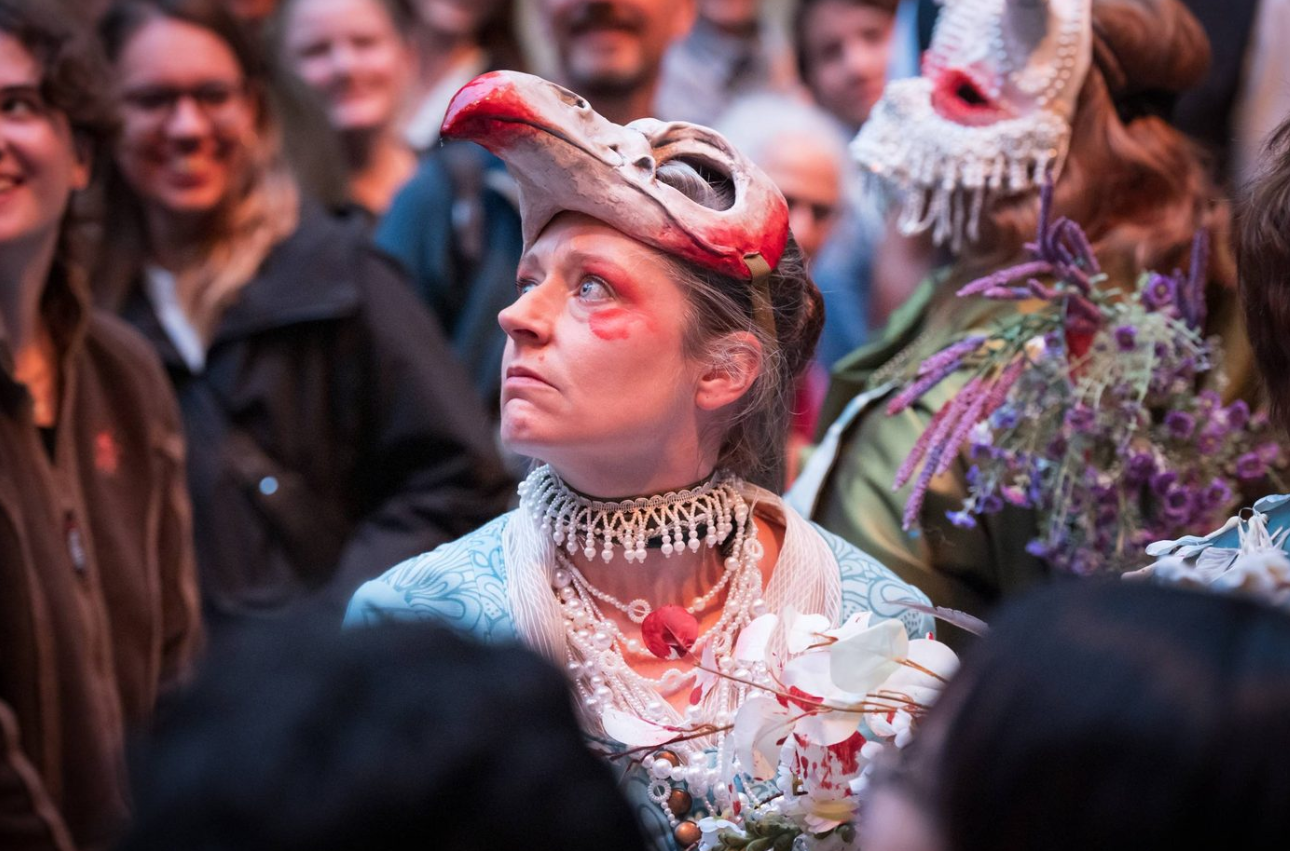
SOPHIE RUSSELL IN MERRY WIVES OF WINDSOR
Faculty Sophie Russell is playing Mistress Quickly in the Globe's summer season production of The Merry Wives of Windsor. The production has been described as "The Globe at its most spellbinding" (London Theatre), "fabulously performed" (The Stage) and "a hilarious production" (Broadway World).
Performances run until 20th September.
![[Image] A black and white photograph of Diana Dors staring off into the distance. She has a coiffed platinum blonde bub and is wearing a 50s halterneck.](https://media.wordfly.com/shakespearesglobe/screenshot-2025-07-21-175343.png)
JO HOWARTH, SOPHIE RUSSELL & PHILIP CUMBUS MADE GLOBE ASSOCIATE ARTISTS
Faculty Jo Howarth, Sophie Russell and Philip Cumbus have been made Globe Associate Artists, joining other Higher Education Faculty including James Garnon and Yarit Dor. Congratulations Jo, Sophie and Philip!

KEVIN BENNETT - PODCAST!
Faculty Kevin Bennett hosts The Big Smoke Variety Show, a podcast in homage to variety shows of the vaudeville era and late night variety-television. The show features some familiar faces (or rather, voices), including returning guest Globe actor Jolyon Coy and guest star Giles Terrera.
"I like to say it's as if 'The Tonight Show' had a baby with a 'Ted Talk'." - Kevin
![[Image] A black and white photograph of Diana Dors staring off into the distance. She has a coiffed platinum blonde bub and is wearing a 50s halterneck.](https://media.wordfly.com/shakespearesglobe/screenshot-2025-02-06-105744.png)
CURRENT WEST END UK WORK BY YARIT DOR
Yarit Dor, faculty, has been working on fight direction and intimacy for the following shows.
The Years (West End, Harold Pinter Theatre) a unique show about femininity directed by Eline Arbo.
Unicorn (West End, Garrick Theatre) directed by the fabulous James Macdonald and written by Mike Bartlett which I worked with on Scandletown (writer of Doctor Foster).
Fiddler on The Roof (Barbican Theatre and touring later).
The Shark Is Broken (Touring UK & Ireland).The show received an Olivier Award nomination for Best Entertainment or Comedy Play.

NEW SINGLE BY PHILIP BIRD & BAND
Philip Bird's band The Strips have released a new single Into the Sun. The single is partly inspired by a book about colonisation called On Savage Shores by Caroline Dodds, available in the Globe Library.
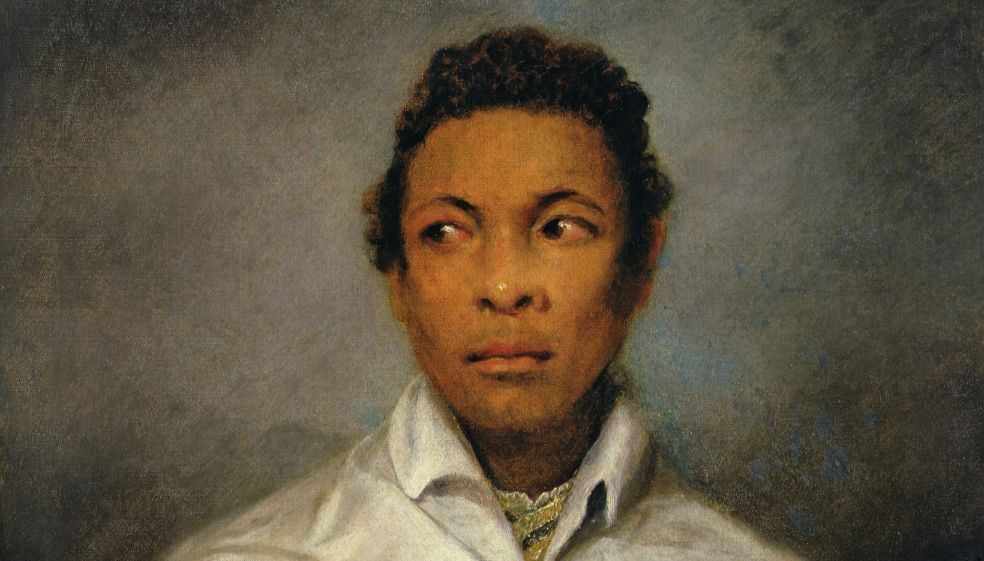
THE GREAT WHITE BARD
How is Shakespeare still relevant as titans of white Western history are challenged? The Great White Bard entreats us neither to idealise nor bury Shakespeare but instead to look him in the eye and reckon with the discomforts of his plays, playhouses and society.
A new book by Professor Farah Karim-Cooper.

STRAIGHT ACTING
Our very own, Dr Will Tosh, has recently published Straight Acting: The Many Queer Lives of William Shakespeare. Pick up your copy in the Globe shop! OR Borrow a copy from the Higher Ed Library!

SHAKESPEARE'S GLOBE: GLOBAL MAJORITY GROUP
Our 'Globe Majority Group', run by colleagues in Human Resources, first came together at the start of 2023. Any staff, regular freelancers and contractors, and volunteers who are part of the Global Majority are welcome to join.
![[Image] A black Globe round logo with a red background and text saying "Shakespeare and Race" in white across it. There are black and white fingerprints surrounding the text.](https://media.wordfly.com/shakespearesglobe/pages/HE-Faculty-Hub-/shakespeare-and-race-2x1-ktijy0.jpg)
SHAKESPEARE & RACE: RECORDED WEBINARS
Our ongoing series of anti-racist webinars which highlight the importance of race in the consideration of Shakespeare – not only in his time, but just as urgently, in our own.
![[Image] A photograph of Oberon with his face close to Puck and his hand hovering above Puck's hair. Puck is looking at Oberon's lips.](https://media.wordfly.com/shakespearesglobe/pages/HE-Faculty-Hub-/oberonpuck3.jpg)
SHAKESQUEER: A RESOURCE LIST
Dr Will Tosh shares some of his favourite queer resources where people’s experience of sexuality through the ages can be explored, and where learning and discussion can start.
![[Image] A Globe round logo in the colours of the inclusive Pride flag in front of a rich purple cloth background.](https://media.wordfly.com/shakespearesglobe/pages/HE-Faculty-Hub-/joanbanner.png)
GENDER IDENTITY: A RESOURCE LIST
Staff at the Globe share some of our favourite non-binary and transgender resources, where people’s experiences of gender identity through the ages can be explored, and where learning and discussion can start.
![[Image] A black Globe round logo with a red background and text saying "S6 E3: How whiteness dominates Education" in white across it. There are black and white fingerprints surrounding the text, and faint audio equaliser bars in the background.](https://media.wordfly.com/shakespearesglobe/pages/HE-Faculty-Hub-/whitenessdominatesed.png)
SUCH STUFF: HOW WHITENESS DOMINATES EDUCATION
In this episode of our podcast series on Shakespeare and Race, we explore what a decolonised curriculum means and what that might look like. And of course, we’ll be asking what that means for the way we learn the works of Shakespeare.
![[Image] Red background with black text reading "Globe Player". To the right are photos of Globe productions placed together to look like film passing through a white Globe round logo.](https://media.wordfly.com/shakespearesglobe/pages/HE-Faculty-Hub-/globe-player-2021.jpg)
GLOBE PLAYER
As a member of Higher Education Faculty, you have free access to Globe Player using the email address you have registered with us. If you are having trouble logging in, please contact higher.education@shakespearesglobe.com.
Anyone who shares their account will be subject to disciplinary action.
![[Image] A photo showing the Globe Stage in a fisheye view from the back of the Yard.](https://media.wordfly.com/shakespearesglobe/pages/HE-Faculty-Hub-/globe-audiences.jpg)
ACCESS PASS
The access pass allows free Yard access for Summer Season performances so that Faculty members can attend the same performances as their student cohorts. In order to book the pass, please click the Book Pass button below and specify which performance you plan to attend.
Note: the Book Pass button will only be live during the Summer season.
![[Image] A grey feather quill passing through a red Globe round logo. The background is white.](https://media.wordfly.com/shakespearesglobe/pages/HE-Faculty-Hub-/emilia-image.jpg)
This updates the information registered with Higher Education.
This will not allow you to update your biography or headshot, as we only update these at set times of the year.
You will be notified via email when our next submission window for biographies and/or headshots opens.
This updates the information registered with Finance.
You should only submit a new Suppliers Form to Finance if you need to update your mailing address or banking details.
If you would like to change which email address your POs are sent to, please contact us in HE first at
higher.education@shakespearesglobe.com.
Face coverings are a personal choice in all spaces at the Globe, unless stated otherwise.
We do not require you to do lateral flow tests in order to enter our buildings. We will do a temperature check as part of your electronic sign in at the start of each day. If this returns a high fever, we cannot admit you into the building.
If you exhibit any Covid symptoms, test positive, or are feeling generally unwell, please stay home and inform your Company Manager / Main Point of Contact. We require anyone who is symptomatic and/or testing positive to remain home and test until they are feeling better and testing negative. If you feel better and continue to test positive, we will readmit you to site five days after your first positive test.
Please note that all our Covid procedures and policies are subject to change.
